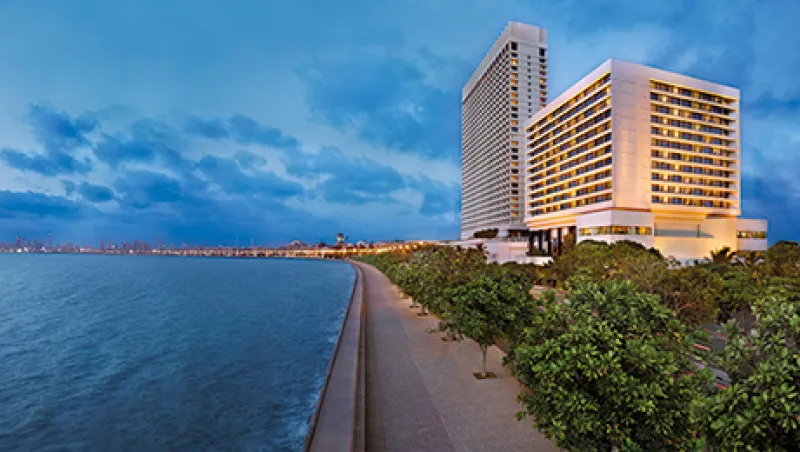
The World’s Best Hotels of 2014
Even as they enjoy a recovery, luxury hotels keep raising the bar with renovations, technology and a strong accent on service.
Kristin Baird Rattini
December 9, 2014


